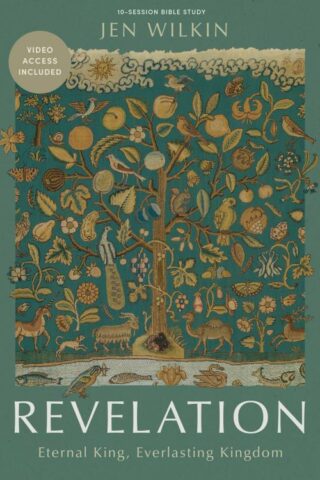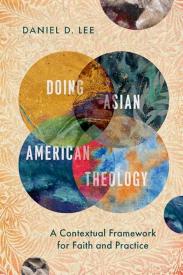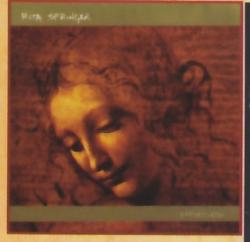Daniel Lee
Showing the single result
-
Doing Asian American Theology
$29.99Asian American theology is about God revealed in Jesus Christ in covenantal relationship with Asian Americans qua Asian Americans.
Thus, Asian American theology is about Asian Americans as well, as human covenant partners alongside of God.
In doing Asian American theology, Daniel D. Lee focuses on Asian American identity and its relationship to faith and theology, providing a vocabulary and grammar, and laying out a methodology for Asian American theologies in their ethnic, generational, and regional differences. Lee’s framework for Asian American theological contextuality proposes an Asian American quadrilateral of the intersection of Asian heritage, migration experience, American culture, and racialization. This methodology incorporates the need for personal integration and communal journey, especially in the work of Asian American ministry. With interdisciplinary insights from interpersonal neurobiology and trauma theory, he offers a process of integration and reconciliation for Asian American theologies in service of Asian American communities of every kind.
Add to cartin stock within 3-5 days of online purchase











